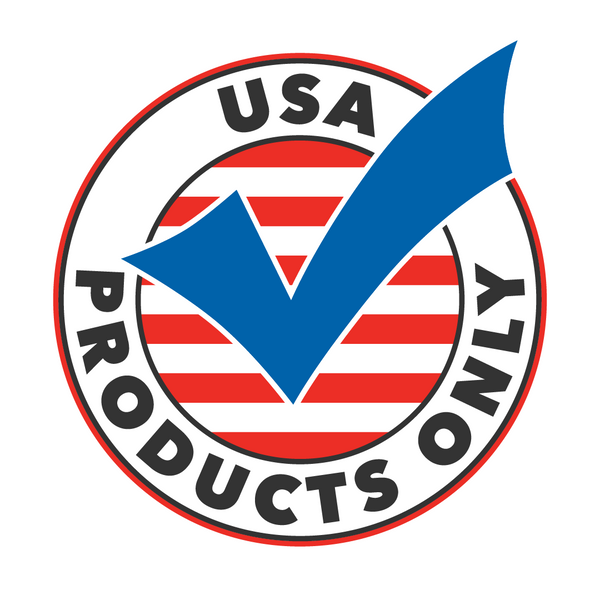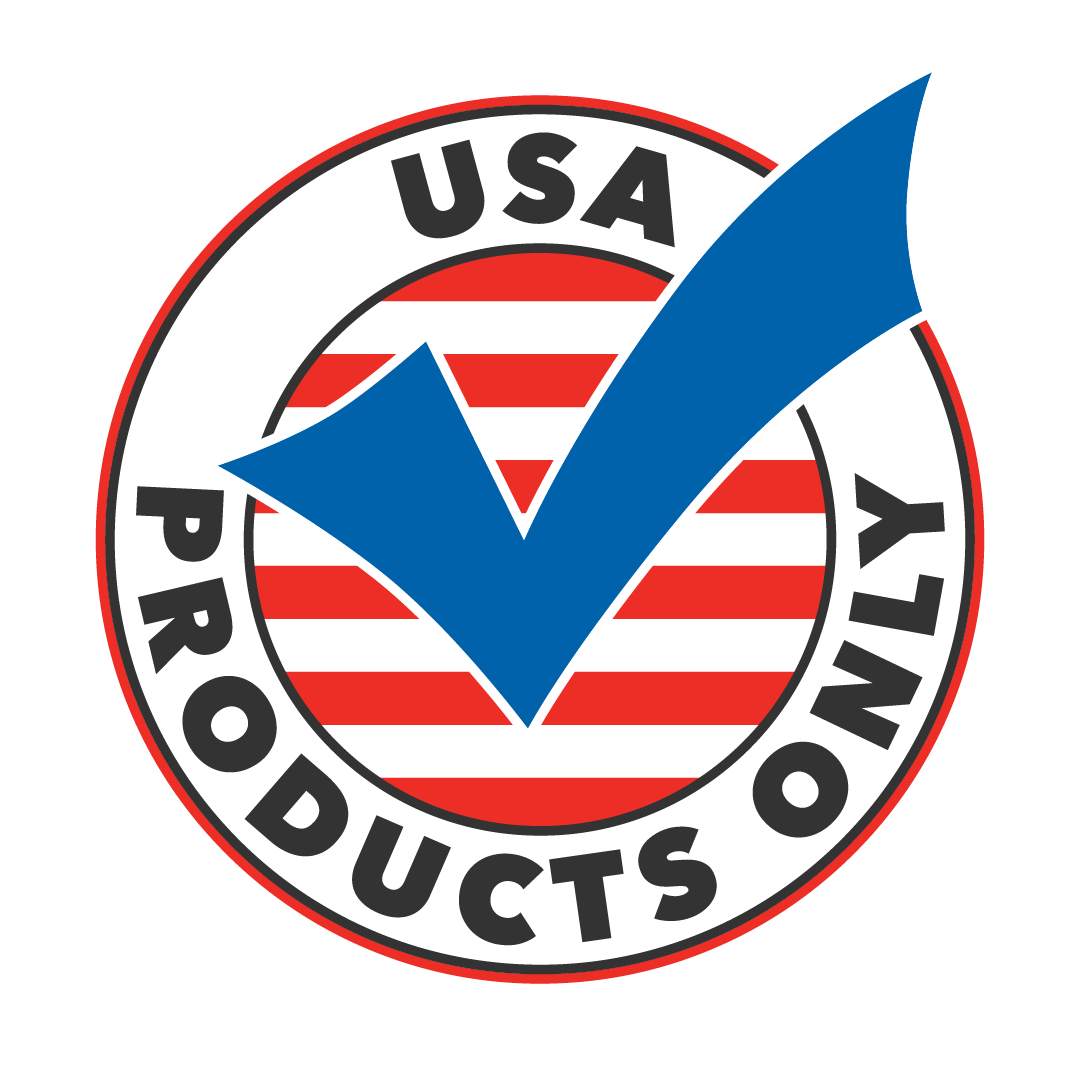In a move that signals strong support for pro-business policies, the U.S. Senate has officially confirmed Kelly Loeffler as the new head of the Small Business Administration (SBA). Loeffler, a former Georgia senator and successful businesswoman, will now oversee the agency responsible for helping small businesses secure funding, navigate government regulations, and gain access to federal contracts. According to a New York Post article, her appointment is expected to bring a renewed focus on cutting red tape and fostering economic growth, particularly for entrepreneurs who feel stifled by government bureaucracy.
Loeffler, who built a career in finance before entering politics, has long championed policies that encourage free-market competition. During her time in the Senate, she advocated for lower taxes, deregulation, and policies that made it easier for small businesses to thrive. Her leadership at the SBA is likely to reflect these principles, with an emphasis on reducing government interference and allowing businesses to operate with greater freedom. Supporters believe her background in both the private and public sectors makes her well-equipped to lead the agency effectively.
Critics, primarily from the left, have expressed concerns over Loeffler’s business-friendly approach, arguing that more government oversight is necessary to ensure fairness in the marketplace. However, many small business owners and conservative leaders see her appointment as a step in the right direction. They argue that excessive regulations and government mandates have held back entrepreneurs, and that a more hands-off approach will lead to job creation and economic expansion. With inflation and economic uncertainty weighing on many small businesses, Loeffler’s leadership could provide much-needed relief by prioritizing policies that ease financial burdens.
As she takes charge of the SBA, Loeffler has already stated her commitment to ensuring that American small businesses—especially those hit hardest by economic challenges—have the tools they need to succeed. By focusing on economic freedom and reducing bureaucratic obstacles, she aims to create an environment where innovation and hard work are rewarded. Her confirmation marks a shift towards a more business-friendly approach in Washington, which could have significant implications for America’s economic future.







